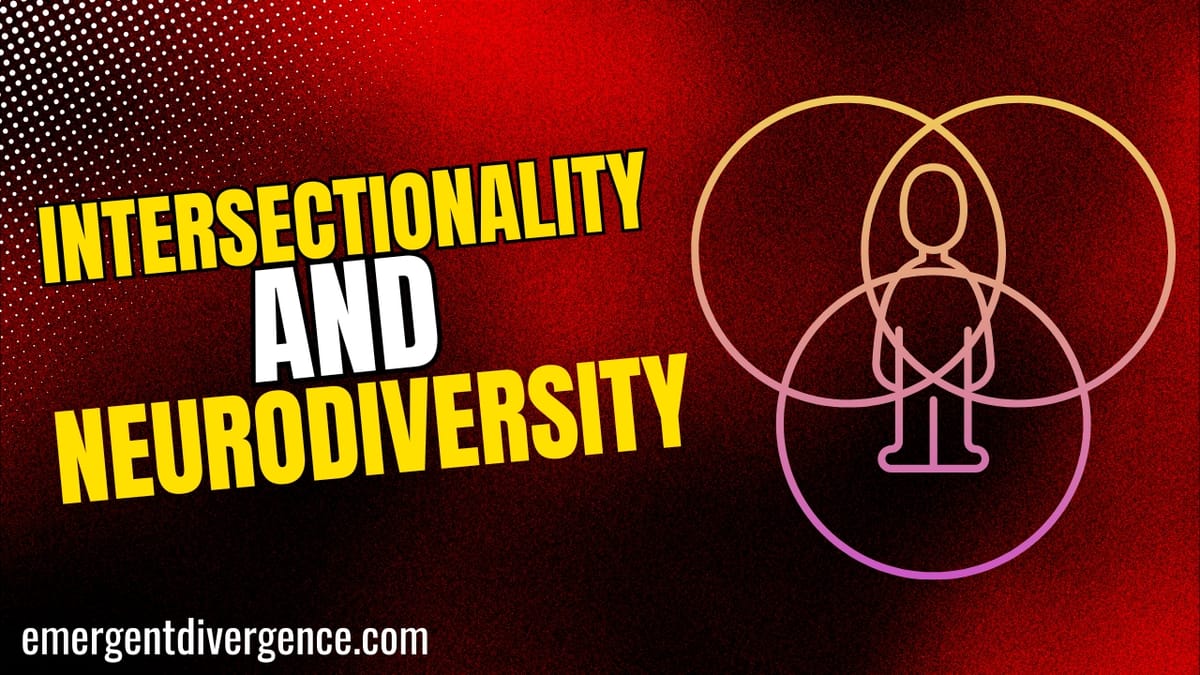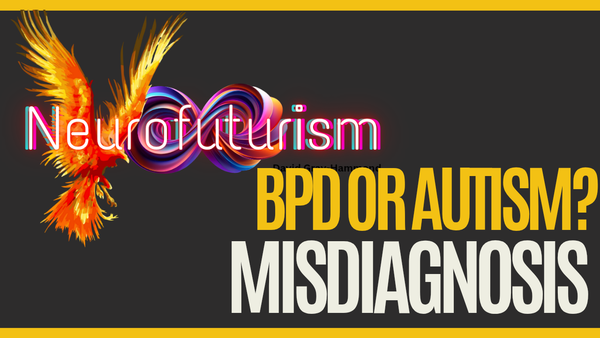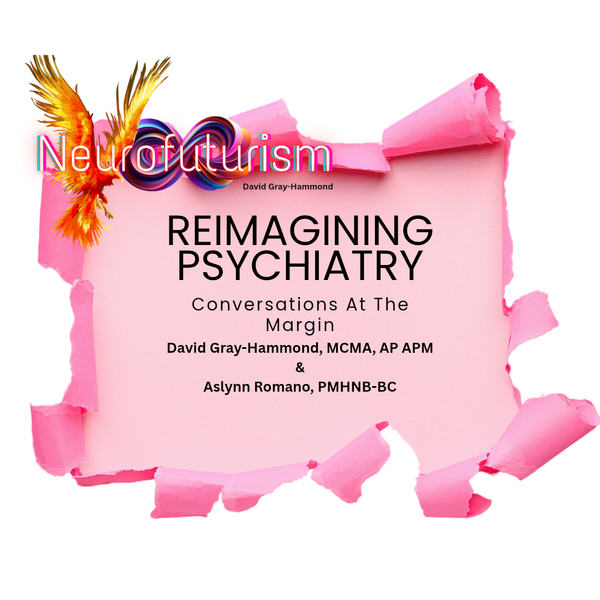Why Intersectionality is Important in Understanding Autism
The neurodiversity movement is at risk due to the exclusion of multiply marginalised Autistic voices. The intersectionality of identity shapes experiences of autism, which cannot be viewed in isolation. Without addressing this oversight, the movement risks homogenization, limiting its potential for

The discourse surrounding autism and the wider neurodiversity movement is dominated by Autistic voices with a greater colonial privilege. It's an uncomfortable truth, but it remains a truth nonetheless. Both historical and contemporary research has excluded multiply marginalised voices, with different degrees of intentionality. This ignorance of those with further marginalisation has set the stage for the potential failure of the neurodiversity movement. Thus, I feel it important to outline how and why the neurodiversity movement is at risk if we do not embrace the intersectional nature of our community.
Autism is Neutral
There appear to be two extremes at play in how people view Autistic experience. We have those who view autism as a tragic illness, something in need of correction. We also have those who view being Autistic as a superpower, pushing back against discussion of negative aspects. I find the truth to be somewhat less polarised.
Autism doesn't exist, there is no corporeal entity called "Autism". What actually exists is Autistic people. Autistic people have an experience that, like any experience of the world, is neutral. Some experiences are positive, some are negative, some are not distinctly in either camp. However, we can not be surprised that those who have further marginalisation, and therefore less positive experiences, might find it difficult to align themselves with the idealistic nature that has grown from much of the neurodiversity movement.
Marginal Experiences Impact Autistic Experiences
When one is multiply marginalised, we can not approach those experiences in isolation. Much in the same way my Autistic and Schizophrenic experiences can not be disentangled, neither can one's experience of race, gender, sexuality, class, or further disability (to name a few). A Black Autistic person is not just dealing with the broader white supremacy that is prevalent in western society. The world's response to Autistic embodiment changes based on further marginalisation. What may isolate me as a white passing Autistic, could end the life of a Black Autistic person.
Therefore it is necessary to consider that our Autistic experience is a function of all facets of identity, not in isolation, but as individual details of an overall picture. We can not disambiguate our experience of autism from any of our other experiences. The world's response to the multiply marginalised does not see boundaries between the facets of our identity, and each facet complicates the others.
Our View of Autism is Defined by Our Environment
One might consider the so-called Golden Equation as outlined by Dr. Luke Beardon:
Autism + Environment = Outcome
Autism is somewhat immutable, while the profile of it's experience may be dynamic, autism itself does not go away. What can be changed is environment. Autistic people in negative environments have negative outcomes, but in positive environments we have better outcomes.
Our environment is also built by the relationships we have with the people within it. If by virtue of further marginalisation we have a more negative experience of said environment, it stands to reason that we experience our being Autistic more negatively. Not only are we failing to include multiply marginalised people in academic discourse, we are failing to create space for them to participate in the liberation that the neurodiversity movement promises.
How This Harms The Neurodiversity Movement
The neurodiversity movement has it's foundations in the concept of biodiversity and the notion that diversity of a species is key to its survival. By excluding multiply marginalised voices from autism discourse, we effectively reduce the reach of the neurodiversity movement, and subsequently homogenise it's voice. The neurodiversity movement can not succeed in it's goals while we leave the multiply marginalised to a world that harms and pejorates their existence. Either we work to help everyone, or we have failed everyone.
It is not reasonable for neurodiversity advocates to position neurodivergence as a neutral or even positive experience while ignoring the negative experiences forced on those for whom the world is more hostile. To be a true civil rights movement, we have to be willing to sit with the discomfort of our own shortcomings and take steps to address them. Many of us participate in and benefit from a world that oppresses Autistic people through more than just autism itself. Until we are able to recognise and fight back against that, the neurodiversity movement will not achieve it's goals.



